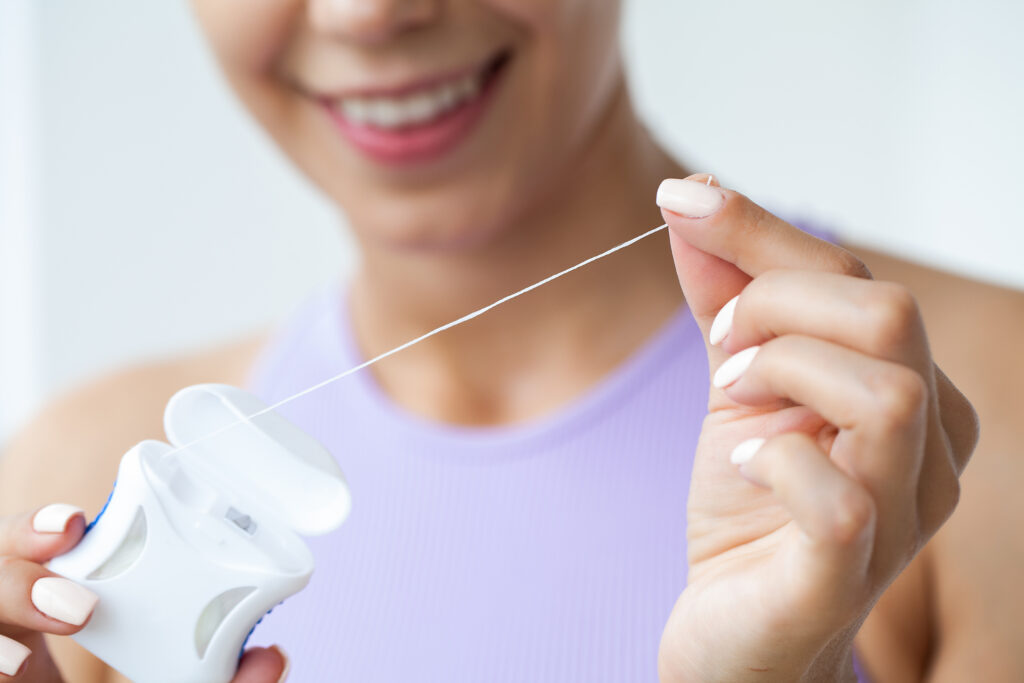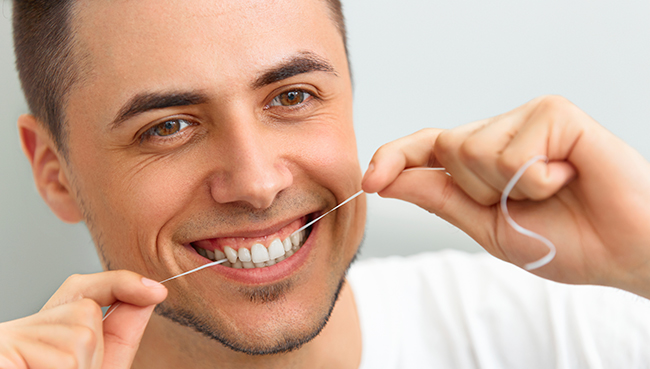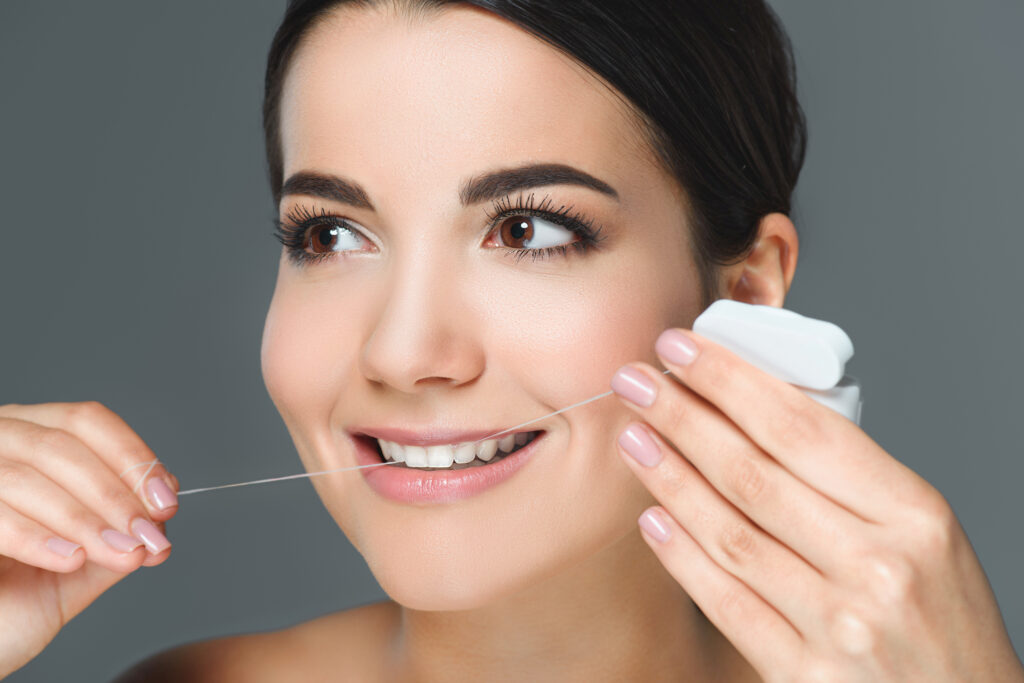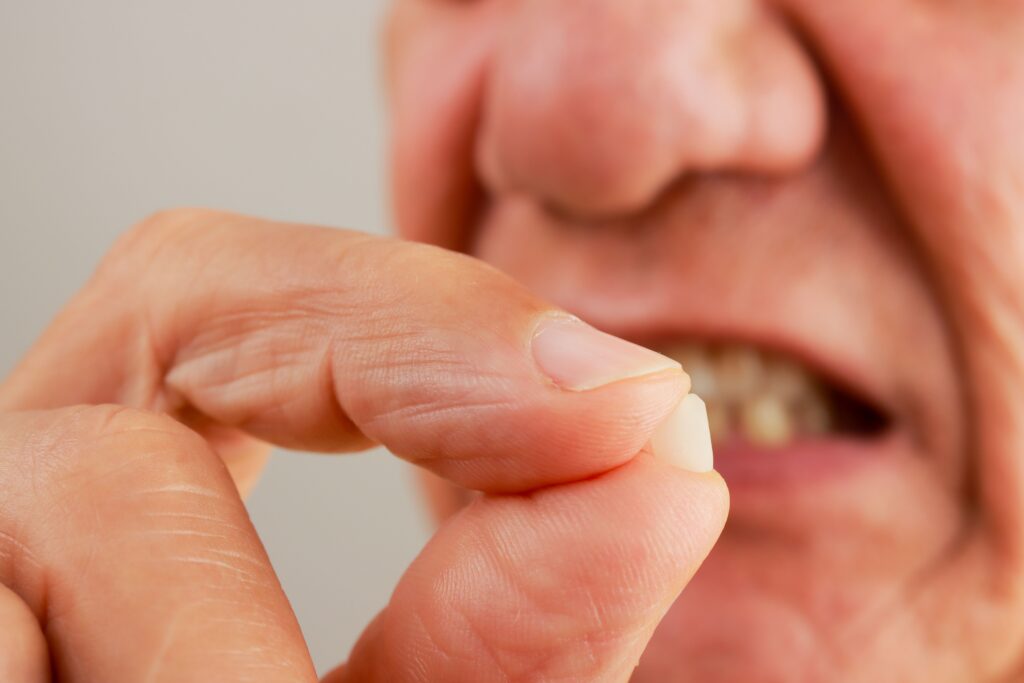Have you ever wondered if flossing could give you a brighter smile? Many people desire whiter teeth for a confident grin, but does flossing play a role in achieving this? In this article, we delve into the common query: Does flossing whiten your teeth?

Flossing is a fundamental aspect of dental hygiene, aiming to remove food particles and plaque buildup from between teeth. While it aids in maintaining oral health, its direct impact on teeth whitening might not be as significant as we hope. According to dental experts, flossing primarily targets the removal of plaque, which can prevent further discoloration and contribute to the elimination of surface stains. However, it’s essential to understand that flossing cannot alter the inherent color of your teeth.
Does Flossing Get Rid of Yellow Teeth?
Yellowing of teeth is a common concern, often attributed to factors like diet, aging, and lifestyle habits such as smoking. While flossing can aid in reducing surface stains caused by food and beverage consumption, it may not be the sole solution for combating yellow teeth. Professional dental interventions like whitening treatments might be necessary for addressing intrinsic discoloration.
What Are the Benefits of Flossing?
Although flossing might not directly whiten teeth, its benefits extend beyond mere aesthetics. Regular flossing helps to prevent gum disease, tooth decay, and bad breath by removing plaque and debris from areas that toothbrushes can’t reach. By incorporating flossing into your daily oral care routine, you can enhance overall dental health and maintain a clean, fresh mouth.

What Is the Most Effective Way to Whiten Teeth?
For those seeking a brighter smile, various whitening options are available, ranging from over-the-counter products to professional treatments. While flossing contributes to oral hygiene, it’s essential to explore additional avenues for teeth whitening. Professional dental procedures, such as in-office bleaching and custom-made trays, offer efficient and long-lasting results, especially for addressing stubborn stains.
In addition to professional treatments, over-the-counter whitening products like toothpaste, strips, and gels can provide noticeable improvements in tooth color. However, it’s crucial to use these products as directed and consult with a dentist if you have concerns about sensitivity or efficacy.
Conclusion
In conclusion, while flossing plays a vital role in maintaining oral hygiene, its direct impact on teeth whitening is limited. While it can help to remove surface stains and prevent further discoloration by eliminating plaque buildup, it cannot alter the natural color of teeth. For individuals seeking a brighter smile, exploring professional whitening treatments alongside regular flossing and brushing is recommended. By prioritizing comprehensive dental care, you can achieve optimal oral health and a radiant smile to confidently showcase to the world.





